Demonstration of how ChatGPT handles a common assessment task
Example: A 3-part written self-reflection assignment of a 12-week engineering project, simply copy and pasted into ChatGPT3.5 with no additional ‘prompt engineering’ – results: https://go.unimelb.edu.au/34e8
While the resulting ChatGPT generated ‘self-reflections’ are relatively generic in nature it would not take much tweaking to make these results believable as a self-reflection from a student on a semester group project experience!
Assessment Outline: ASClinic_A08_Brief_Self_Reflection_copy



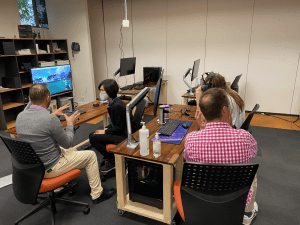

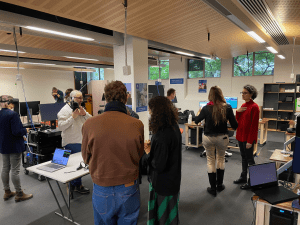

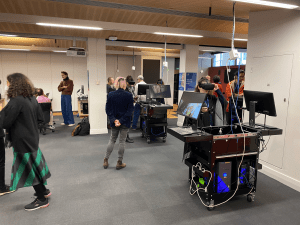
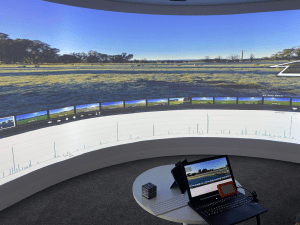
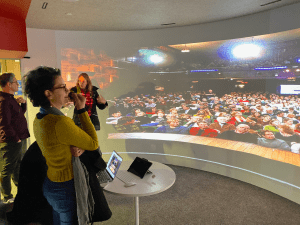



Recent Comments